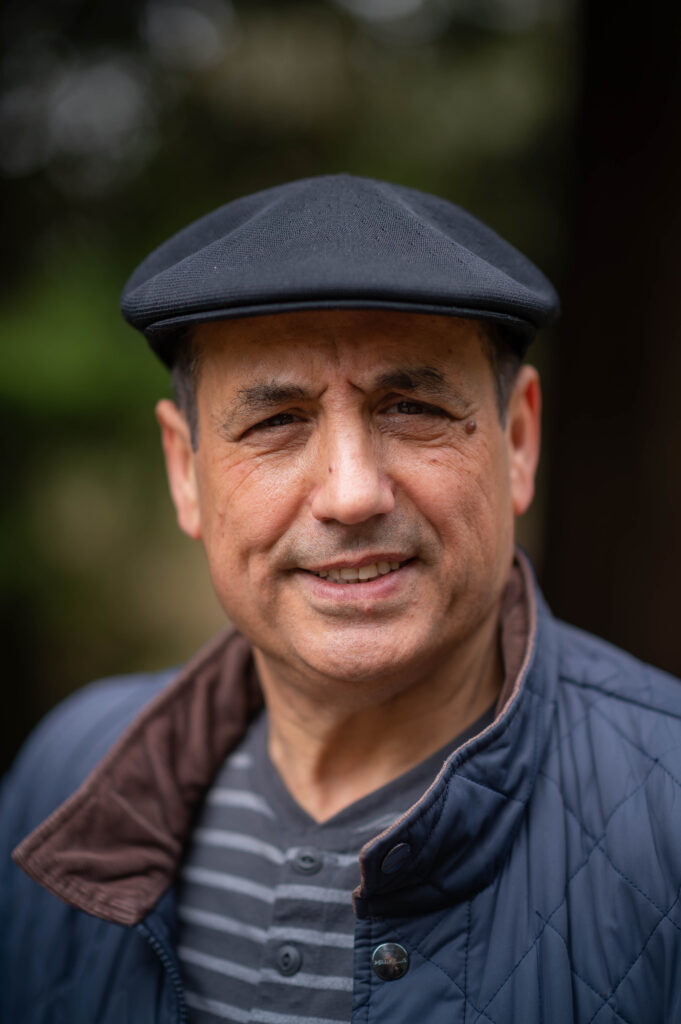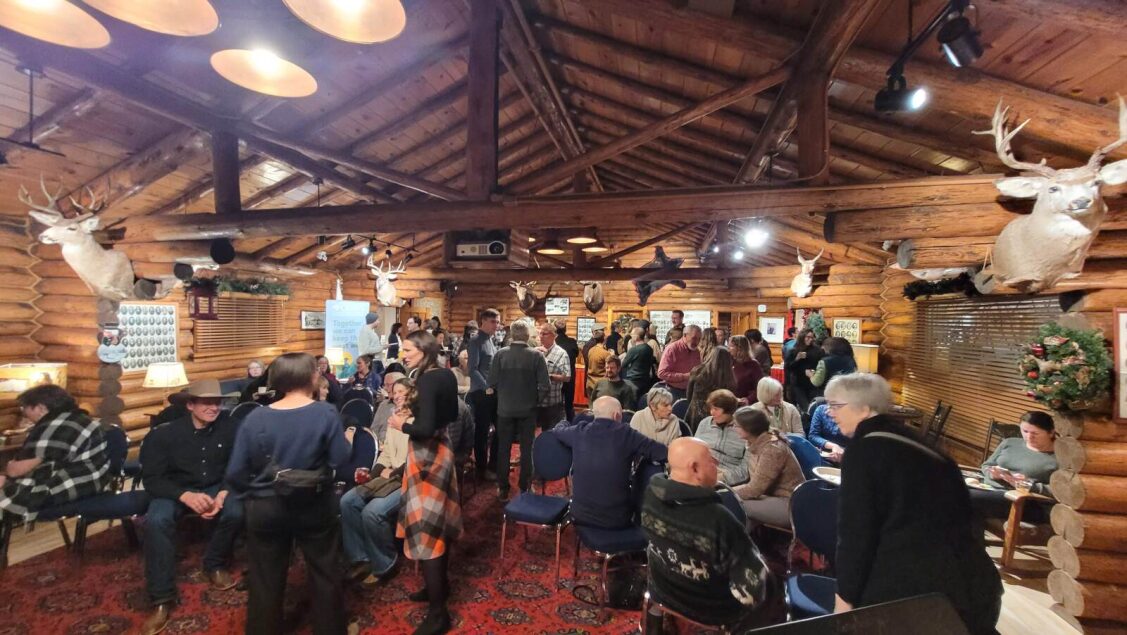A Free Webinar featuring Dr. Younes Alila
December 14, 2023 | 6:00PM
Zoom
Please join us on December 14 for a fascinating webinar featuring Dr. Younes Alila, Professor of Hydrology and Watershed Management at the University of British Columbia.
Dr. Alila will be diving into the forestry industry’s outdated premise that clearcut logging is not the cause of environmental degradation, which impacts both infrastructure and water quality in our communities. He will be discussing the industry’s reliance on climate change as the scapegoat for the increase in extreme flooding, drought and landslide events as a “justification of convenience” that ignores established hydrology science.
As he notes: “These practices are destabilizing our forests… So we continue to do clear-cut logging because it is the cheapest method of logging, but the next question is at what cost?“
Following Dr. Alila’s presentation, our own Conservation Science and Program Manager, Josh Killeen will explore the implications of these findings in the context of Alberta’s own forest management system, and in particular how the Alberta Forest Act — which dates back to the 1960s — is not adequately informed by the last 50+ years of advancements in our understanding of climate change, species-at-risk, forest ecosystems, ecological integrity, or community impacts.
The webinar will be facilitated by our Executive Director, Katie Morrison, and will conclude with a Q&A period for the audience.

Dr. Younes Alila is currently a Professor of Forest Hydrology and Watershed Management in the Department of Forest Resources Management in the Faculty of Forestry at the University of British Columbia. From 1992 to 1996, he worked full-time as a project engineer for the Greater Vancouver Regional District (now Metro Vancouver) while finishing his PhD program at the University of Ottawa. His MSc and PhD research work is on regional hydrology with a main focus on the transfer of information related to low-flows, floods and precipitation from gauged to ungauged sites. His current research program addresses a number of problems related to watershed management using an approach that combines experimental, theoretical, stochastic, and deterministic hydrology across a wide range of temporal and spatial scales.
Upcoming & Past Events

Protecting the Forests of the Eastern Slopes

Webinar — Turning Biomass at Risk of Wildfire into Bioenergy: A Win-Win Solution for Remote and Indigenous Communities of Canada


